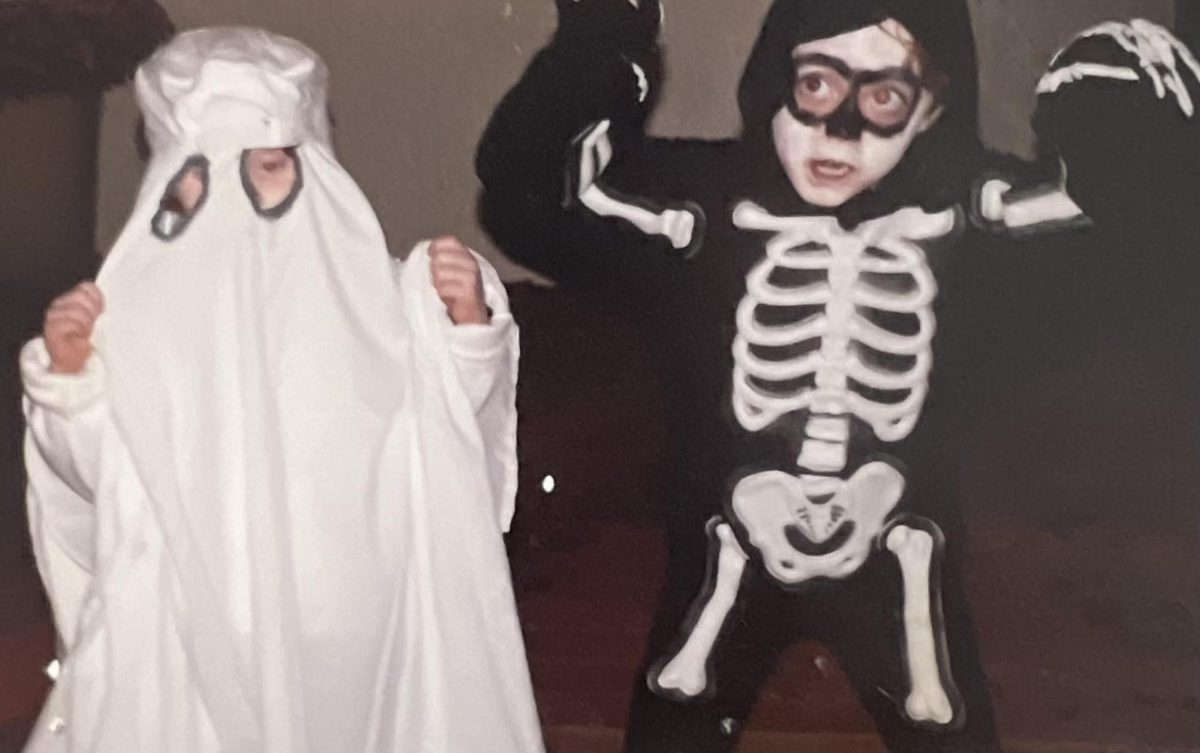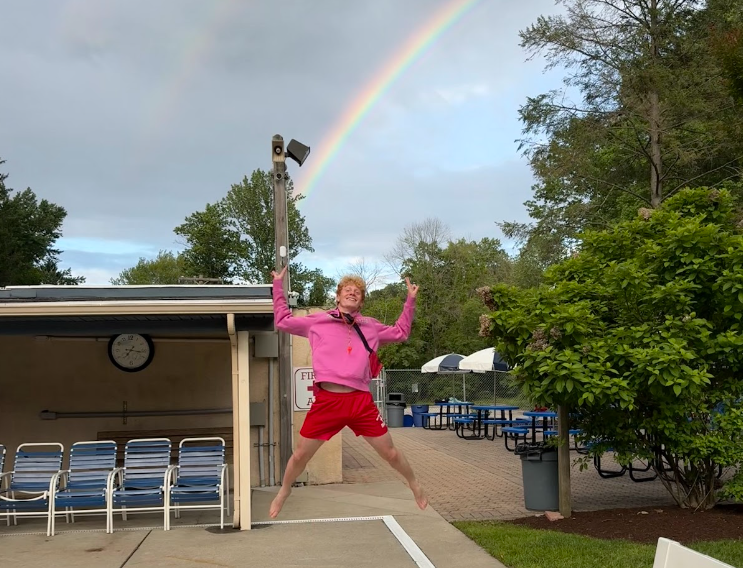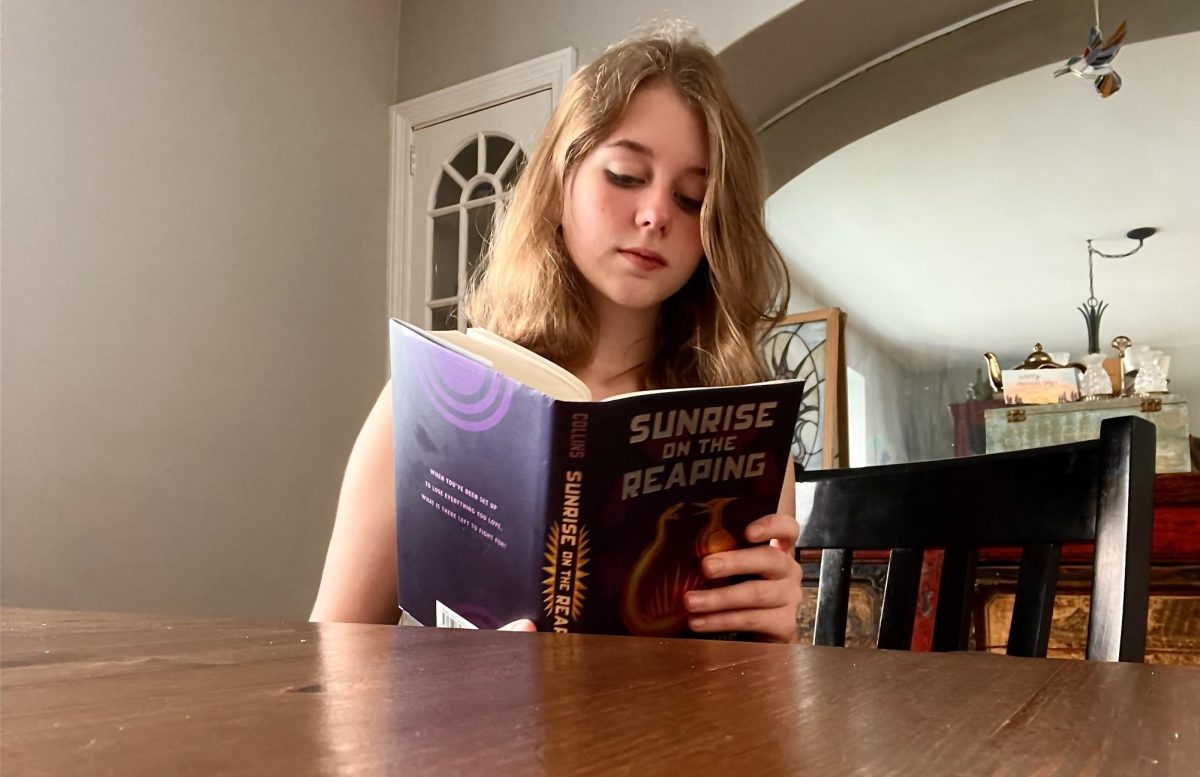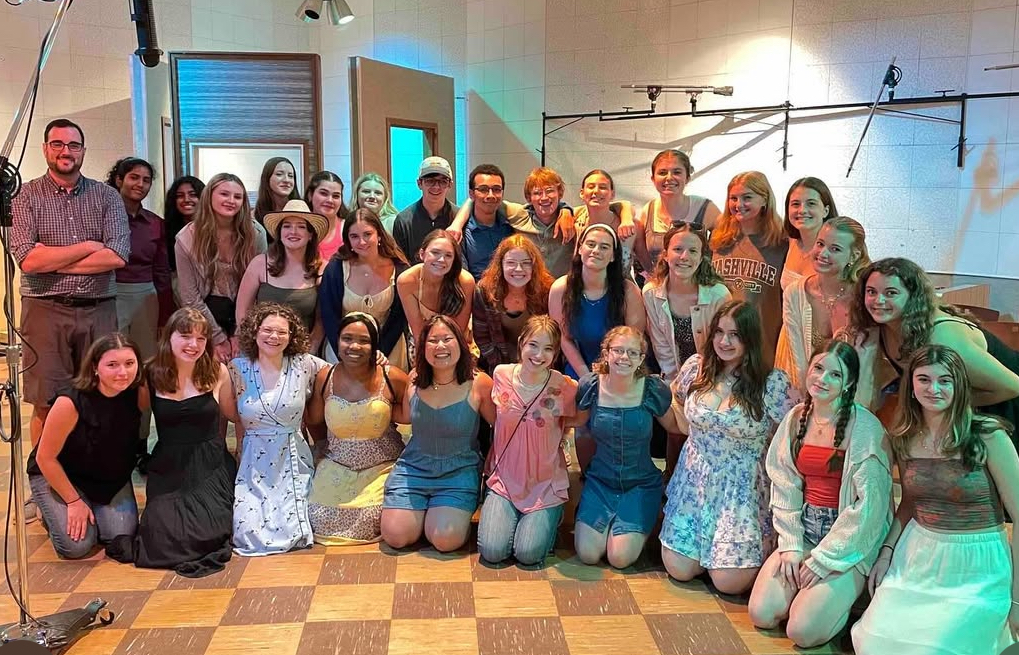Let’s pretend, for just a second, that you’re a parent and it’s decently late on Halloween night. The trick-or-treaters, in all their fantastic costumes, have gone home to enjoy their sacks of candy and sweets. You’re cleaning up the bowls of candy when three teenagers come knocking on your door. In the bare minimum of what could be considered a costume, they yell, “Trick or treat!” You’re confused. What are they dressed up as? Do you give them candy or not? And is it really appropriate for them to be trick-or-treating, especially at this age?
The idea of teenagers trick-or-treating is not only controversial for many Americans but is also written into multiple local laws. In many states, towns have enacted laws that age restrict trick-or-treating, penalizing subverters with hefty fines or even jail time. According to NPR, the town of Belleville, Illinois, has a law that requires anyone over the age of 12 to receive permission from the mayor or chief of police if they want to wear a mask or disguise on days other than Halloween (as well as age-restricting Halloween to anyone under eighth grade).
Concerns from law enforcement and parents are valid. Allowing teenagers to be able to wander around at night and knock on strangers’ doors asking for candy may sound benign. However, teenagers are still kids. Unsupervised adolescents can lead to fears about increased crime, such as vandalism, substance use, and driving under the influence. A data analysis conducted by Travelers Insurance showed a 17% increase in crime-related claims on Halloween night. Teenagers may be intimidating to younger kids, who may already be a little spooked on Halloween night with the decorations, costumes, and constant stream of sugar. Teenagers trick-or-treating can also swindle kids out of their fair share of the candy. Parents might have doubts about whether teenagers will respect the “please take one” sign they leave on their front porch as they lead their kids around the neighborhood.
Are the concerns of parents and local governments justified? Some laws enacted by towns are quite extreme. The idea that crime increases on Halloween is very real, but crime rates spike around all major US holidays. According to KN&K Law Firm, violent crimes are actually more common in warmer months compared to the fall and winter, while shoplifting, vandalism, and property theft are more common during the winter holidays. Parents and law enforcement must remain just as vigilant for kids at the Fourth of July fireworks as on Halloween night.
Regardless of crime, Halloween is a culturally significant holiday that is celebrated by the majority of Americans. Is it really the responsibility of the law to bar teenagers from enjoying trick-or-treating just because they are too old? Trick-or-treating gives teenagers an innocent, nostalgic activity to enjoy with their friends. Most teenagers even go with their younger siblings or neighbors. “I don’t understand why people, when they get older, become allergic to joy,” says senior Colette White. “You’re allowed to have fun and do childish things…so I think it’s ridiculous when adults try to take that away from people.”
The reality is that teenagers are not one breed of personality. A 12-year-old, developmentally, is more similar to a 10-year-old than a senior in high school. Age restrictions say little about the maturity level of the teenagers who are going trick or treating. Karol Marcowicz of the New York Post writes, “One foot in childhood, one foot in adulthood, teenagers are a separate species in America.” Mischief is bound to occur, regardless of whether teenagers are trick-or-treating, but laws banning them outright from participating in Halloween festivities are harsh. At the end of the day, if teenagers are going to go trick-or-treating, it should be in the genuine spirit of Halloween. For all the teenagers considering trick-or-treating this spooky season, do as you would when you were a little kid—make sure you don a fantastic costume and wear a friendly smile while knocking on all those doors.
















Alex • Dec 20, 2024 at 7:58 am
This article was great (Apologizes about my previous comment it won’t happen again)
Alex • Dec 20, 2024 at 7:44 am
Bro, just cause your 38, does not mean you get to trick or treat. Nice try, HalloweenHater825.
Stephanie Graaf • Oct 24, 2024 at 3:04 pm
Great work Sam! This is a fantastic article!